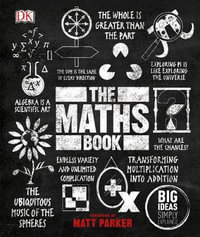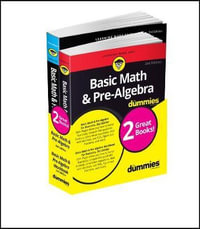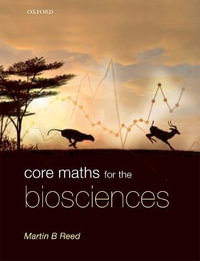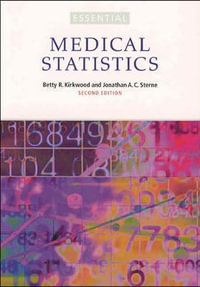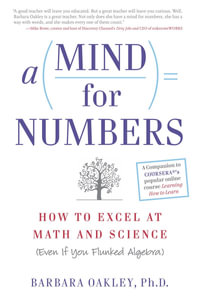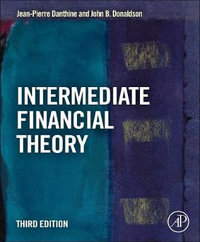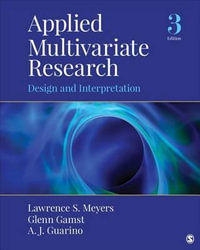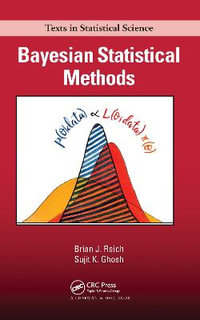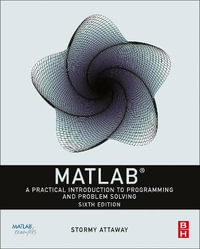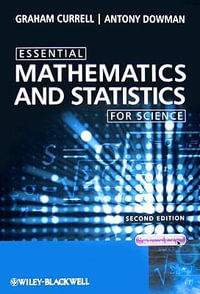Praise for the First Edition:"A Course in Ordinary Differential Equations deserves to be on the MAA's Basic Library List ... the book with its layout, is very student friendly-it is easy to read and understand; every chapter and explanations flow smoothly and coherently ... the reviewer would recommend this book highly for undergraduate introductory differential equation courses."
-Srabasti Dutta, College of Saint Elizabeth, MAA Online, July 2008
"An important feature is that the exposition is richly accompanied by computer algebra code (equally distributed between MATLAB, Mathematica, and Maple). The major part of the book is devoted to classical theory (both for systems and higher order equations). The necessary material from linear algebra is also covered. More advanced topics include numerical methods, stability of equilibria, bifurcations, Laplace transforms, and the power series method."
-EMS Newsletter, June 2007
"This is a delightful textbook for a standard one-semester undergraduate course in ordinary differential equations designed for students who had one year of calculus and continue their studies in engineering and mathematics. The main idea is to focus on the applications and methods of solutions, both analytical and numerical, with special attention paid to applications to real-world problems in engineering, physics, population dynamics, epidemiology, etc. A winning feature of the book is the extensive use of computer algebra codes throughout the text. Assuming that the students have no previous experience with Maple, MATLAB, or Mathematica, the authors present the relevant syntax and theory for all three programs. This helps students to understand better the theoretical material, use computer support more sensibly, and interpret results of computer simulation properly. Some background material from linear algebra is also provided throughout the text whenever necessary. ... The book is nicely written, generously illustrated, and well structured. There are plenty of exercises ranging from drilling to challenging. Additional problems for revision and projects are collected at the end of each chapter. ... An excellent blend of analytical and technical tools for studying ordinary differential equations, this text is a welcome addition to existing literature and is warmly recommended as essential reading for a first undergraduate course in differential equations."
-Zentralblatt MATH 1931










